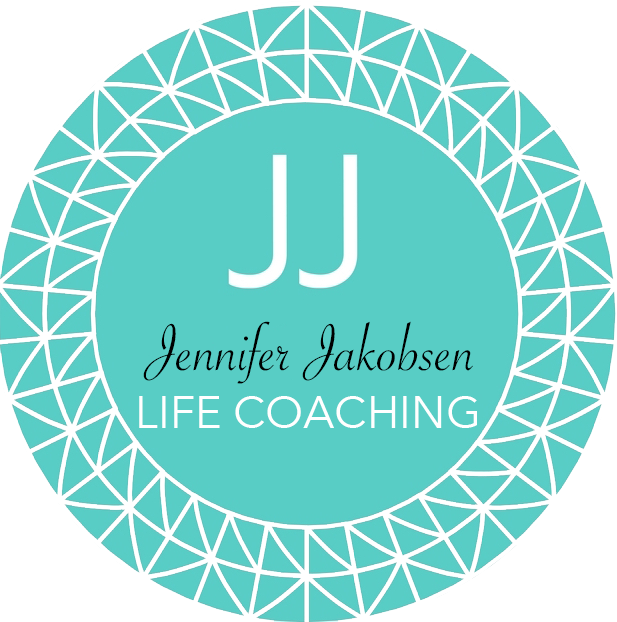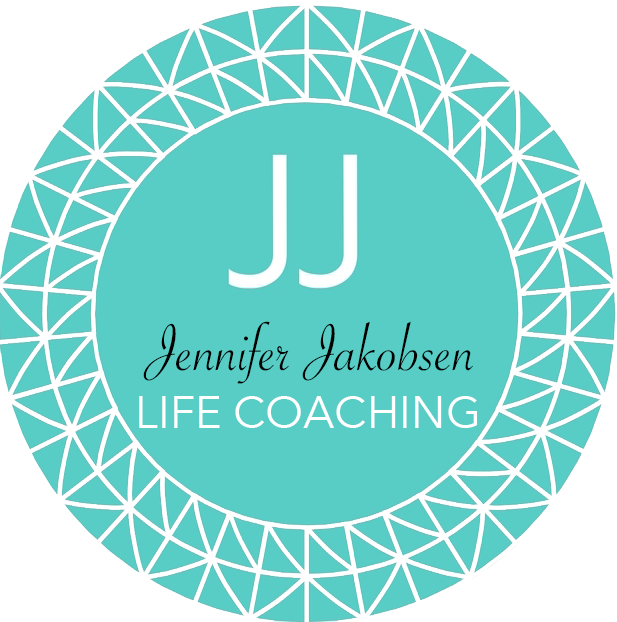"How to Overcome Emotional Eating"
/So, as I sit down to write this blog my first instinct is to reach for somthing to eat. To be honest, this habit started back in grad school when I would eat cereal straight out of the box every time I had to write a paper. It is possible I was actually hungry a few of those times, but to be honest, I think I dealt with my stress by eating. I did not love writing back then and writing assignments were stressful. Fast forward to today, I actually enjoy blogging yet I still reach for food almost every time. My habit is not fueled by hunger but something else...my emotions.
Emotional eating is when food is used for emotional regulation. In other words, people eat to feed their emotions not their bodies. Most of the time, the feelings are negative such as stress, anger, sadness or boredom but occasionally people eat when they are happy as well. The most common cause of emotional eating is stress. Stress causes cortisol levels in our body to increase which in turn causes us to crave sugary, fatty and salty food. This brings me to my next point, emotional eating is problematic because we are not eating veggies to cope. The foods we “just have to eat” (think french fries or cookies) are not good for us. This can lead to weight gain and bigger medical issues. Another problem is when we rely on food to feel better, we don’t have a chance to adopt more healthy coping mechanisms. In addition, we often feel bad about ourselves afterwards. We feel guilty or ashamed which can then lead to a vicious cycle that can lead to more emotional eating. Ugh!
So what can we do to start eating when we are hungry and not for other reasons? According to Laurel Inman the director of The Integrative Coach Training Program and where I received my coaching certification, emotional eating happens when we feel out of control and food is used for safety or comfort. She says that coaching can be helpful for clients with this issue. She says coaching can provide education as well as support depending on the needs of the client. Coaching can help clients identify true hunger from emotional hunger.
Life coaching can also help people identify triggers such as which foods, places and emotions lead to emotional eating. Coaching can also help clients develop a new and more heathy relationship with food. Laurel struggled with emotional eating herself and considers herself a success story. She has been free from emotional eating for over 15 years. Coaching helped her in a way that other programs could not and now she has a completely new relationship with her body.
If any of this rings true for you, remember first to be kind to yourself. Don’t beat yourself up or that will likely lead to more emotional eating. Know that there is hope and there are many little things you can do today to set yourself on the right path. One of these things is to begin practicing mindfulness. Becoming aware of your patterns and triggers will help you to determine the reasons for eating. Pressing the pause button before you eat can help as well. Wait 5 minutes when the urge comes up and do something different: take a walk, soak in the bathtub or meditate. Chances are if you can interrupt your pattern you will begin to eat in a healthier way. If you still are struggling you may need to seek some support. Coaching can help you discover your best and healthiest self yet!



